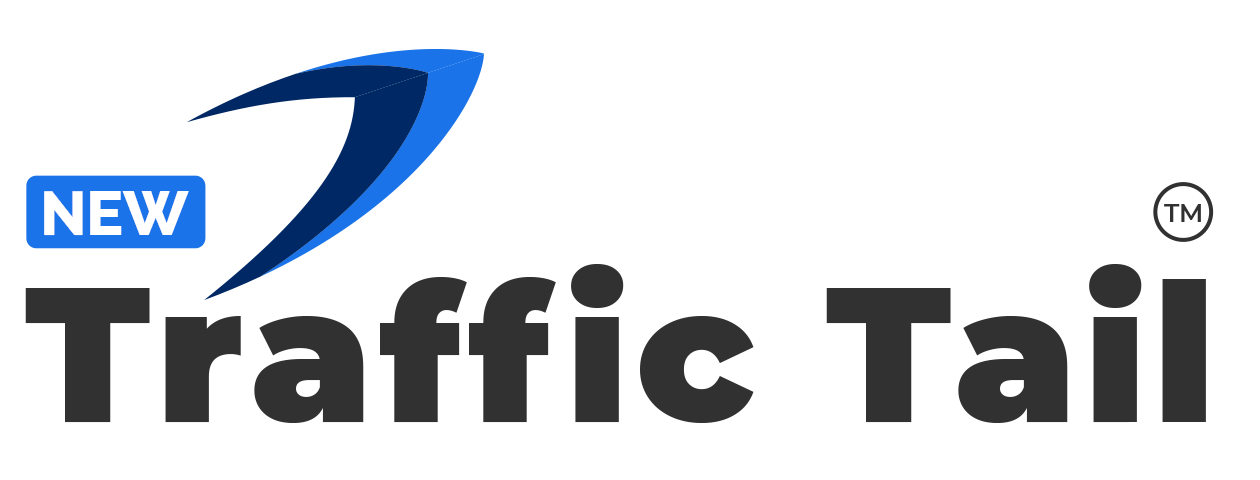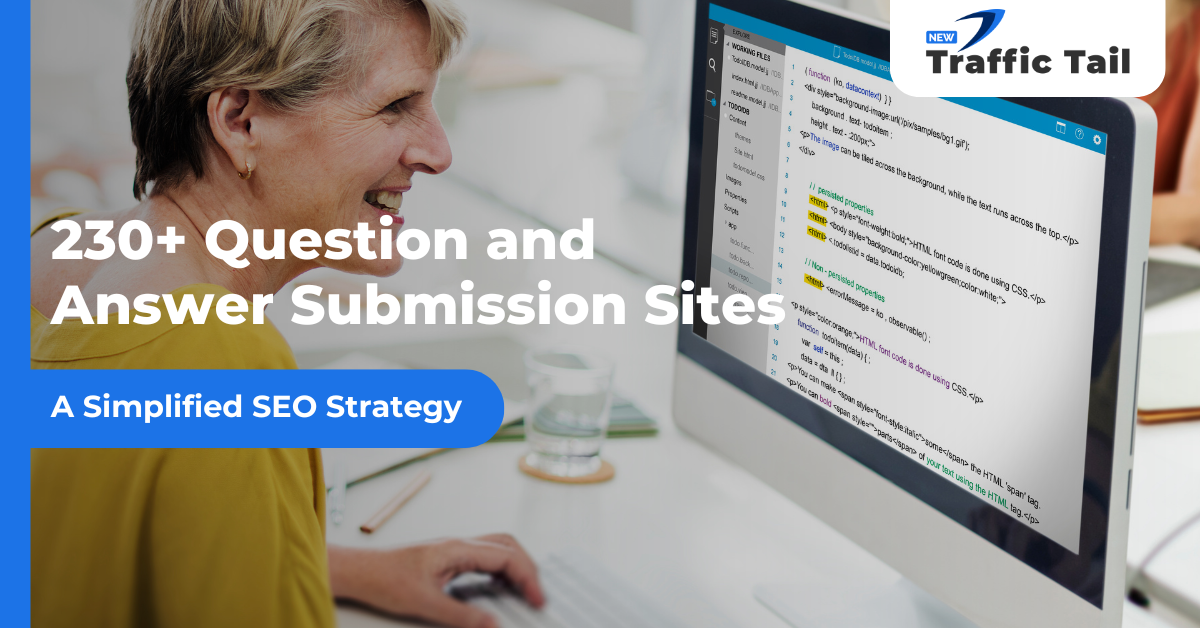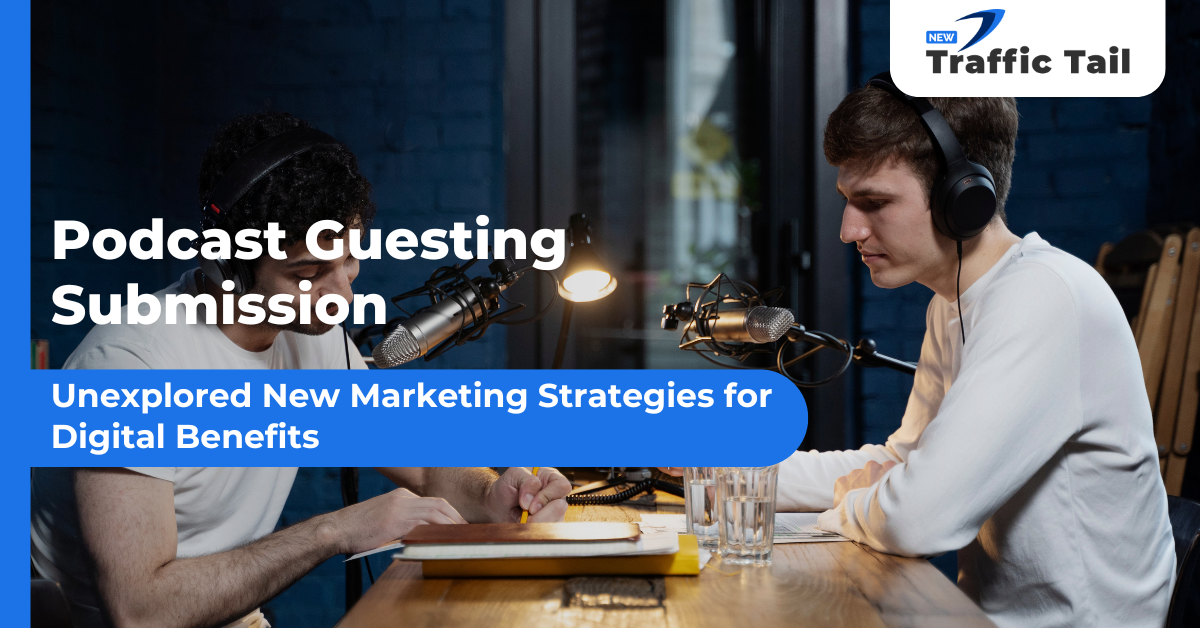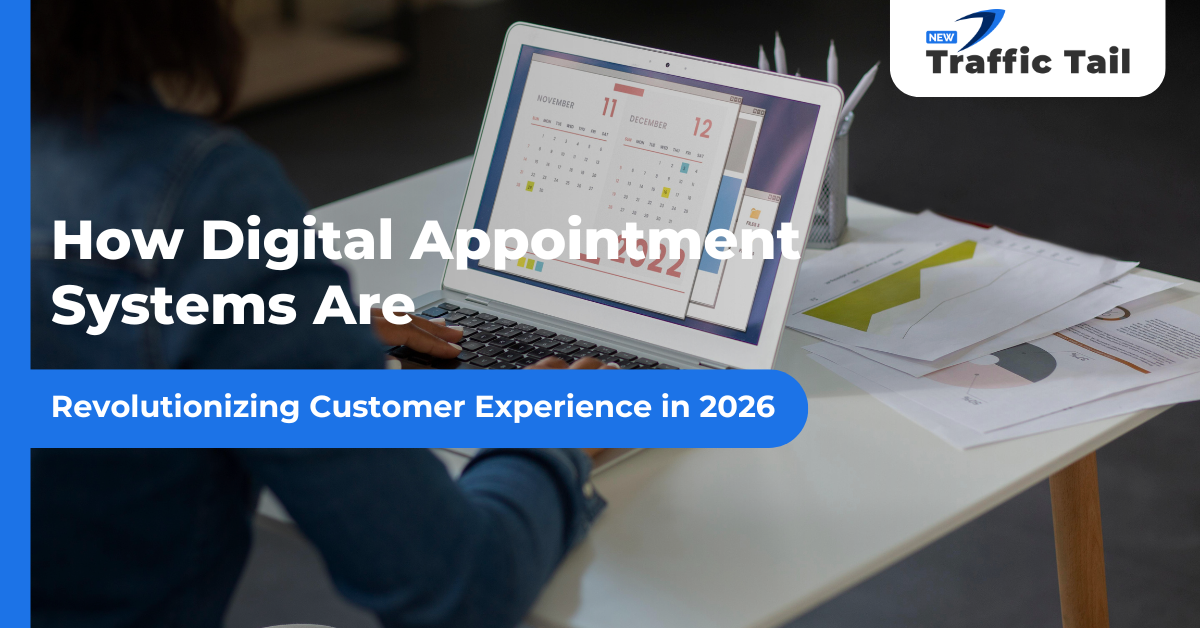Imagine having thousands of connected devices collecting endless streams of data—but no way to manage, secure, or analyze them. That’s the reality many businesses face when scaling IoT (Internet of Things) without the right software or
platform. The difference between thriving in the IoT era and drowning in device chaos often comes down to one thing: choosing the right IoT platform.
In this article, we’ll break down the best IoT platforms and software that help businesses simplify device management, boost performance, and scale IoT projects successfully. Whether you’re building smart homes, industrial machinery, or healthcare
solutions, these platforms act as the backbone of connected innovation.
What Makes a Great IoT Platform?
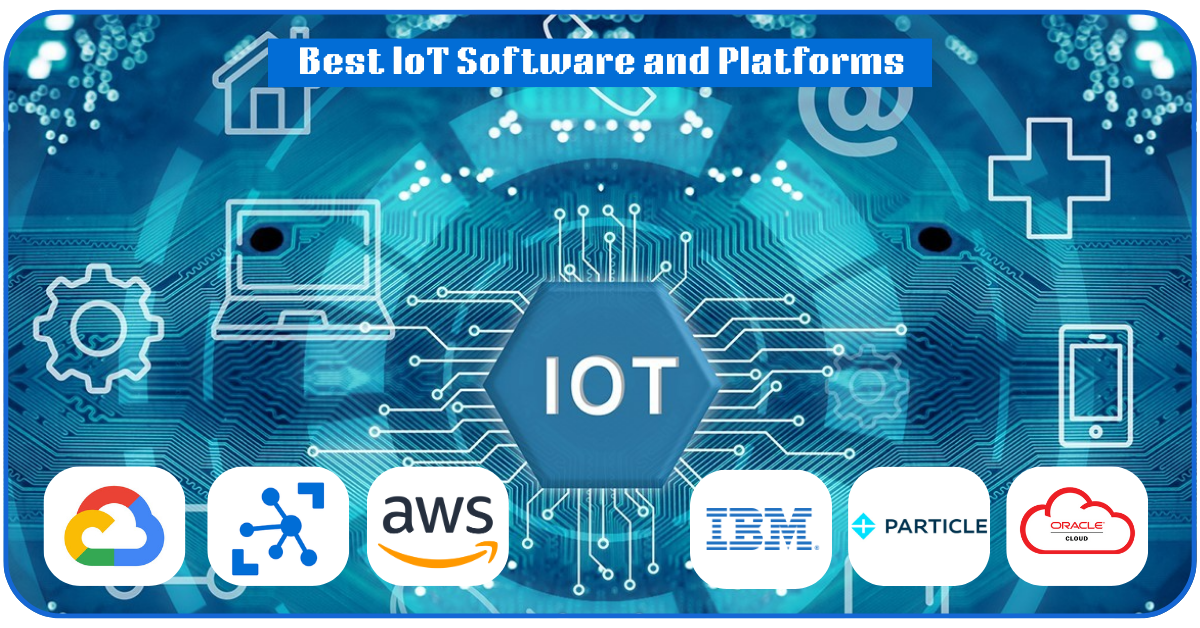
An IoT platform isn’t just another piece of software—it’s the command center for all your devices. It guarantees dependable data flow, facilitates smooth communication, and provides the tools to secure and scale your IoT infrastructure. Without a powerful IoT platform, businesses would find it almost impossible to manage a growing web of connected products.
These Top IoT platforms give organizations flexibility to adapt, improve productivity, and reduce operating complexity while ensuring every device is accounted for. Successful IoT ecosystems also rely on strong digital product development practices to build scalable, secure, and intuitive connected solutions. Ultimately, the best IoT platform acts as the “operating system” for your connected world.
- Device management and connectivity: smooth inter-device communication.
- Data gathering and analysis: converting unprocessed data into useful insights.
- Security and scalability — preventing vulnerabilities while supporting growth.
- Integration capabilities — APIs and tools that connect IoT data with CRMs, ERP systems, and even business email solutions.
1. AWS IoT Core
AWS IoT Core is one of the most widely adopted platforms globally, trusted to connect billions of devices securely. It allows businesses to go beyond mere device management to harness vast analytics, AI, and storage capabilities inside AWS’s
ecosystem. What sets AWS apart is its ability to scale effortlessly, meaning your IoT solution won’t hit a ceiling as your network grows.
Its robust infrastructure ensures uptime and performance even when your devices expand worldwide. For organizations aiming for global reliability and innovation, AWS IoT Core stands out as a dependable backbone.
- Scales to billions of devices
- End-to-end security with certificate-based authentication
- Integrates with machine learning for predictive analytics
2. Microsoft Azure IoT Hub
Azure IoT Hub brings together device connectivity, security, and integration into one powerful solution. Businesses already using Microsoft products will find it easy to integrate with their existing systems, which streamlines operations and analytics.
The bi-directional communication feature allows organizations to not only collect data but also instantly transmit commands to devices. Because of this, Azure is particularly strong in sectors like manufacturing and healthcare, where real-time updates are critical. Large-scale IoT deployments are guaranteed to operate smoothly and with few risks thanks to Azure IoT Hub’s enterprise-grade security.
- Seamless integration with Microsoft services like Power BI
- Bi-directional communication between devices and the cloud
- Enterprise-grade security and compliance
3. Google Cloud IoT
Google Cloud IoT differentiates itself with its strong focus on data-driven insights powered by artificial intelligence. Built on Google’s renowned infrastructure, this platform allows businesses to manage devices globally while applying advanced
analytics to collected data. Its APIs are designed with flexibility in mind, making it easier for developers to build, automate, and innovate.
Companies in industries ranging from logistics to smart homes benefit from its scalability and reliability. For organizations centered on extracting intelligence from their connected devices, Google Cloud IoT is a leading choice.
- Powered by AI and machine learning
- Strong APIs for automation and analytics
- Reliability backed by Google Cloud infrastructure
4. IBM Watson IoT
IBM Watson IoT leverages decades of expertise in AI and data to offer one of the most intelligent platforms on the market. Its cognitive computing capabilities allow businesses to unlock deeper insights from IoT data, going beyond reporting into
predictive understanding.
Watson specializes in industry-specific deployments, giving businesses tailored solutions for manufacturing, healthcare, and automotive. With predictive analytics, organizations can proactively maintain equipment, preventing costly downtime and
failures. In short, IBM Watson IoT is built for businesses that want analytics at the core of their IoT strategy.
- Industry-specific solutions (manufacturing, automotive, healthcare)
- Predictive maintenance capabilities
- Advanced natural language processing
5. Cisco IoT Cloud Connect
Cisco IoT Cloud Connect focuses on secure connectivity, bringing its networking DNA into the IoT space. Designed primarily for businesses managing large physical infrastructures, it ensures that networking is both reliable and protected.This platform is ideal for enterprises looking beyond small-scale solutions, emphasizing readiness for large, complex environments like smart cities and supply chains. By integrating robust edge solutions, it reduces latency and enhances real-time decision-making. For industries with mission-critical networking needs, Cisco offers a platform
purpose-built for scale and security.
- Rich device management tools
- Built-in networking and edge solutions
- Future-friendly for smart cities and industrial IoT
6. Siemens MindSphere
Because Siemens MindSphere was created especially for industrial Internet of Things applications, it’s a trusted choice for manufacturers. It empowers businesses to connect machines and infrastructure into digital ecosystems, enabling real-time
monitoring and optimization. MindSphere’s strongest advantage is its ability to integrate with existing industrial processes, supporting both on-premise and hybrid deployments.
With its embedded analytics, factories can predict equipment efficiency, reduce downtime, and maximize output. For firms in the manufacturing or industrial automation sectors, MindSphere is the platform that drives industry-led innovation.
- Optimized for industrial IoT and manufacturing
- Embedded analytics for performance optimization and Hybrid deployments
7. Oracle IoT Cloud
Oracle IoT Cloud integrates tightly with Oracle’s larger ecosystem, making it a natural choice for businesses already invested in its ERP or SaaS tools. It focuses heavily on logistics, supply chains, and connected assets, offering solutions that tie operations together. Its AI-powered anomaly detection helps businesses prevent failures before they happen, ensuring smoother workflows.
Oracle has positioned its IoT Cloud as more than just a connectivity tool—it’s a bridge between IoT data and business decisions. Enterprises looking for efficiency in asset-heavy industries find this solution highly valuable.
- Focus on supply chain, logistics, and connected assets
- AI-powered anomaly detection
- Simplifies IoT workflows with built-in business apps
8. Particle IoT
Particle is a full-stack top IoT platform that lets developers get up and running with IoT deployments and product creation quickly and easily. It gives startups and enterprises the ability to design new products and easily manage them by connecting them to the cloud.
Particle’s strength lies in its emphasis on security and flexibility, making it simple for innovators to bring IoT concepts to life. Businesses exploring new IoT-powered ventures often choose Particle because it provides all the tools under one roof. For
Organizations trying to innovate at speed, Particle is a platform that enables experimentation and real progress.
- End-to-end IoT build tools for rapid prototyping
- Cloud-first device management
- Secure and developer-friendly environment
9. ThingWorx (by PTC)
ThingWorx is a low-code IoT application development platform perfect for businesses that need speed without sacrificing capability. By simplifying app development, businesses can deploy IoT solutions faster without needing deep coding skills. One of its unique features is integration with augmented reality, which enhances industrial applications such as remote monitoring and training.
The platform has a robust ecosystem, offering extended functionalities through partner solutions. For enterprises prioritizing agility and innovation, ThingWorx makes it possible to move from concept to execution rapidly.
- Simplifies custom IoT app development
- Includes AR (augmented reality) integrations
- Vast partner ecosystem
Choosing the Best IoT Platform for Your Business
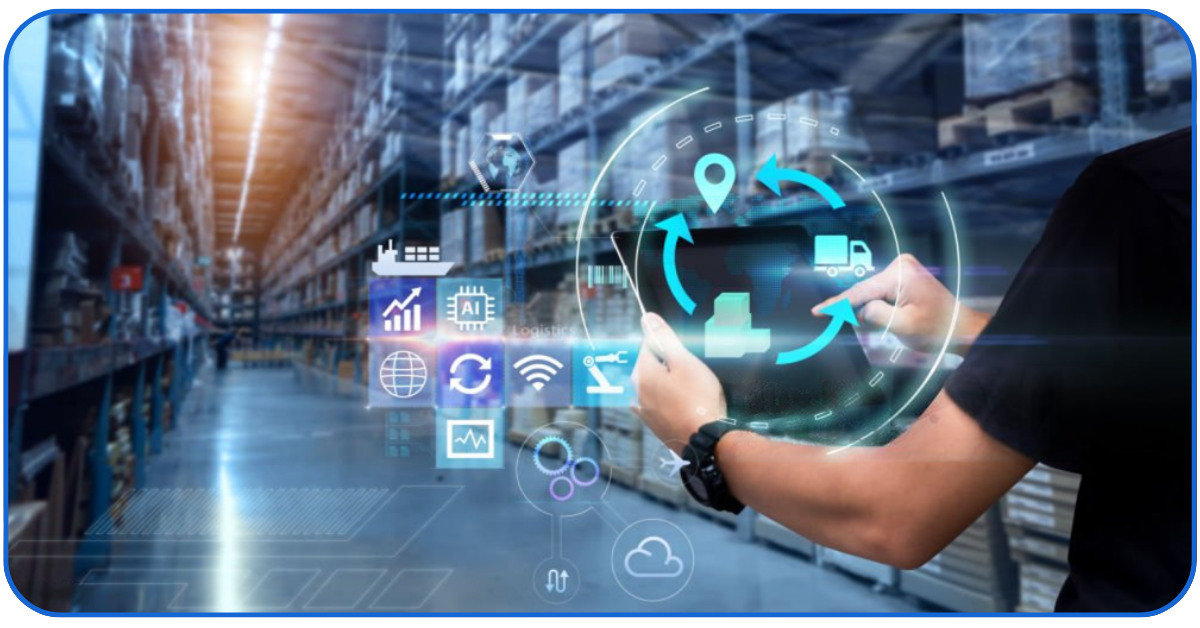
The best IoT software is about more than just going with the biggest name, though: It’s about whether a particular bit of software matches your aims. Every business has different requirements—from connectivity and integration to security levels and cost efficiency.
Low-code platforms like ThingWorx or Particle may be more appealing to startups, but big enterprises might prioritize AWS or Azure for global scalability. The platform you select should be able to scale for future expansion in addition to managing the workload of today. Keep in mind that IoT success depends on customization, trust, and long-term support.
- Security: Does it adhere to industry compliance standards?
- Integration: Can it work with your CRM, ERP, or business email solution?
- Ease of use: Do you have in-house developers, or need simple low-code options?
- Cost: Is pricing flexible for your startup or enterprise budget?
Final Thoughts
The best IoT platforms aren’t just about connecting devices—they’re about unlocking data potential, driving seamless operations, and preparing businesses for the future. Each option, from AWS and Azure to ThingWorx and MindSphere, brings something unique to the table.
Your decision should hinge on current projects while also considering long-term scalability. As IoT management software adoption accelerates, platforms will evolve with deeper AI, stronger edge computing, and tighter integration into overall business systems. By making the right strategic choice today, you set your IoT strategy on a foundation built for growth.
Read More:
Decoding the SaaS Business Model: An Emerging Digital Empire
World’s Best Business Opportunity in Network Marketing
